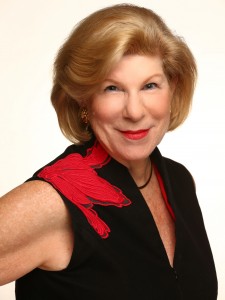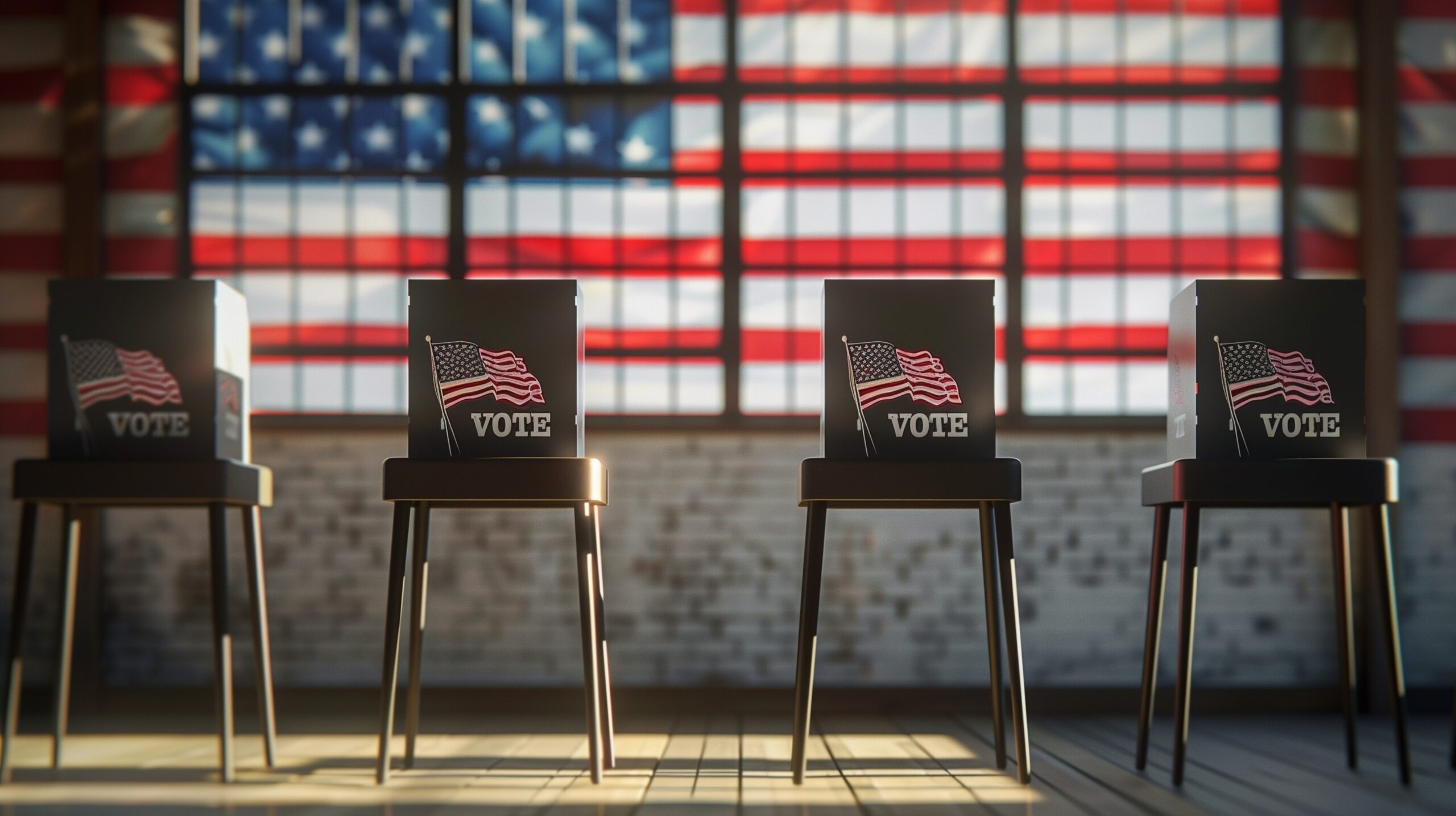
December’s Question of the Month was unusual in that it asked our judicial alumni for questions instead of an answer.
With the College about to present one of the biggest events in its history – a nonpartisan national symposium for judges and journalists Dec. 13 at the National Press Club in Washington, D.C.– we asked judges what they would like to ask Nina Totenberg, NPR’s legendary Supreme Court and legal affairs correspondent.
That’s because the famed radio reporter will be our guest for a conversation during lunch at the historic symposium, which is titled “Undermining the Courts and the Media: The Consequences for American Democracy.” Read more about the program’s all-star lineup and register (only about 50 seats remain) here.
NJC President Benes Aldana will be interviewing Totenberg in the noon hour, and you can watch the conversation – and the whole program – on livestream here.
In the survey, the two most commonly suggested questions to Totenberg were:
- “In the years you have covered the court, what one decision or dissent most surprised you and why?”
- “What is the biggest threat to the judiciary?”
One judged asked, by way of a compliment: “How do NPR reporters stay so neutral and produce such fair and balanced stories when so many others seem to be more interested in promoting their own political agenda?”
But this was countered by: “Given NPR’s editorial bias, is it possible to accurately report on the Supreme Court?”
Many questions involved democracy and politics, especially President Trump and the confirmation of Judge Brett Kavanaugh to the Supreme Court.
“Is the historical myth of a non-political Supreme Court now been debunked by the actions of the Senate over the last three years and the influence of political positions in the selection of justices by the current executive administration?” asked one judge.
Here are some of the other suggested questions:
- “With the expansion of technology and increase of interest by the public, do you see federal courts—particularly the SCOTUS–televising hearings, oral arguments, etc.? Why or why not? In your opinion, what is the resistance?”
- “What quality or attribute do you think is important in a judge … (and) which Supreme Court Justice do you believe embodied those attributes?”
- “With the incredibly vitriolic partisanship and divide our country has experienced lately, how can judges issue orders and rulings without any distress that that their decisions will be relayed to the public only through that cynical prism? How do we best continue to ‘call balls and strikes’ without any concern at all for the inevitable spin that will be applied to our decisions?”
- Do you see a path forward for nominating federal judges who do not have a perceived ideological pedigree? In the judicial nomination process, is “judicial philosophy” just a code for “ideological agenda” these days?
- Over The length of your career in reporting, do you believe that the courts have responded appropriately to attempts to marginalize issues relating to the freedom of the press?
- What is the most difficult concept for a reporter covering the Supreme Court to convey to the general public in order for the reporting to have meaning?
- It seems few news programs actually cover Supreme Court decisions, but the general public will not know about important decisions unless there is coverage. How do we communicate to the news organizations and the general public the gravity of Supreme Court decisions in such a way as to encourage coverage by the standard news outlets?
- Have you noticed recent shifts in the types of cases the US Supreme Court chooses to hear in the current era? If so, how is it different from other Courts in the Past? And how will this affect the rule of law? What do you feel are the long term ramifications of the failure of the senate to entertain confirmation hearings on former President Obama’s appointee, Judge Garland, and Justice Kavanaugh’s contentious confirmation hearing? From your analysis of the US Supreme Court throughout the years do you feel that our president is correct when he says that we have Obama Judges and Bush Judges, etc? Essentially, do the judges and justices rule straight down party lines all the time?
- After all these years of observing our federal judicial system, how would you rate its ability to dispense justice?
- Do you feel the public’s perception of the court system is affected by the media’s coverage of legal news? If so, in what way? If so, do you feel that your coverage is different?
December’s survey also asked what grade judges would give to Totenberg’s coverage of the Supreme Court. Approximately 80 percent of voters awarded her an A. She scored the equivalent of a 3.53 GPA based on all votes cast.
* Each month the College emails an informal, non-scientific one-question survey to its more than 12,000 judicial alumni in the United States and abroad. The results, summarized in the NJC’s Judicial Edge Today, are not intended to be characterized as conclusive research findings.

Hon. Diane J. Humetewa, the first Native American woman and the first enrolled tribal member to serve as a ...

Retired Massachusetts Chief Justice Margaret H. Marshall has been selected as the 2024 winner of the presti...

Dear Gaveliers Fans: I am delighted to announce the appointment of our first Gaveliers coaches, profiled...

Fans, I could not be more proud of the work our players put in over the summer. The difference between h...

As the 2024 Election moves in to its final weeks, just over half of trial judges who responded to a survey ...